Over the past decades, high fructose corn syrup has emerged as a better alternative to sugar. It’s found in thousands of foods, from cereals and fruit juices to low-carb chocolate and protein bars.
Top 5 All Natural Baby Vitamins

Top 5 All Natural Baby Vitamins
Dietary supplements are more popular than ever. This industry is expected to reach 278.02 billion by 2024. More and more people are turning to supplements to prevent nutrient deficiencies and improve their overall health. Babies need these products too. Infant formulas and solid foods can even be harmful under certain conditions. A quality multivitamin can help your child grow healthy and reduce disease risk.
So, let’s take a quick look at the best vitamins for babies:
Vitamin A
This nutrient is found in breast milk. It supports healthy vision, bone growth, and immune function. However, if you’re not breastfeeding your baby, he may develop a vitamin A deficiency. The recommended daily dosage is 300 micrograms or 1,000 IU per day.
Vitamin D
Vitamin D protects against rickets and aids in calcium absorption. Even the slightest deficiency can lead to heart and breathing problems, slow growth, weak bones, and skin disorders. Make sure you choose a supplement containing at least 400 IU of this nutrient per serving.
Vitamin B12
Babies need vitamin B12 for brain development and optimal cognitive function. If you’re a vegan or vegetarian, your breast milk may lack this nutrient. Thus, supplementation is necessary. Vitamin B12 deficiency may cause anemia, lethargy, poor muscle tone, fatigue, and development delay.
Vitamin C
This vitamin keeps the immune system strong and wards off infections. Babies need approximately 40 milligrams per day until the age of six months. If the mother is malnourished or deficient in vitamin C, her baby can develop skin rashes, immune disorders, scurvy, fatigue, and bleeding gums. According to the American Academy of Pediatrics, infants should get at least 400 IU of vitamin D daily.
Vitamin E
Vitamin E is a powerful antioxidant that supports the health and well-being of infants. This nutrient plays a key role in cell growth and repair, immune function, and skin health. If your child is deficient in vitamin E, he may become anemic and get sick more often. Supplementation is recommended to preterm babies.
In addition to the vitamins listed above, infants need larger doses of omega-3s, calcium, zinc, and magnesium. As a parent, it’s your responsibility to make sure your baby gets these nutrients in his diet.









No comments yet.